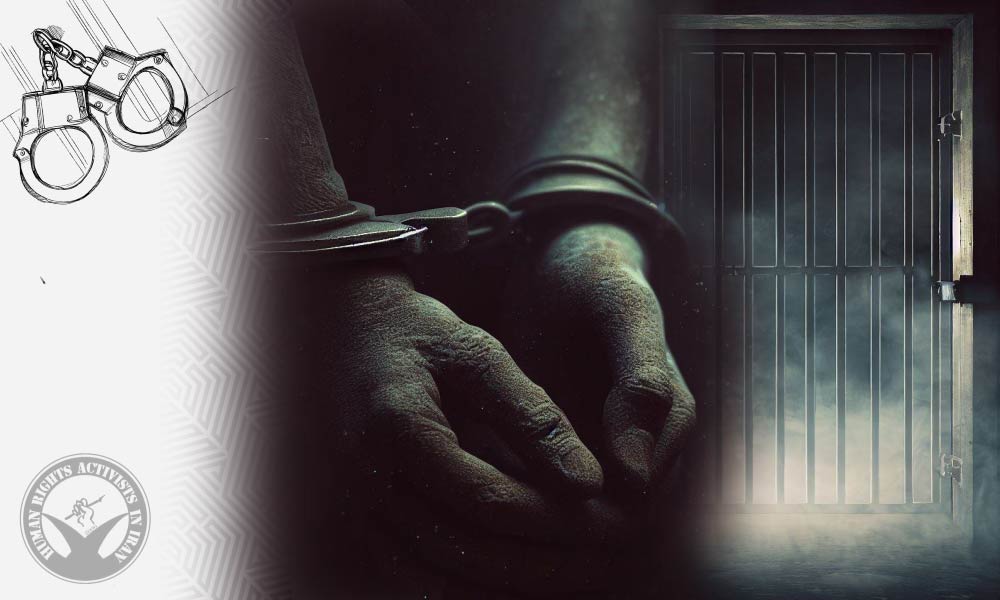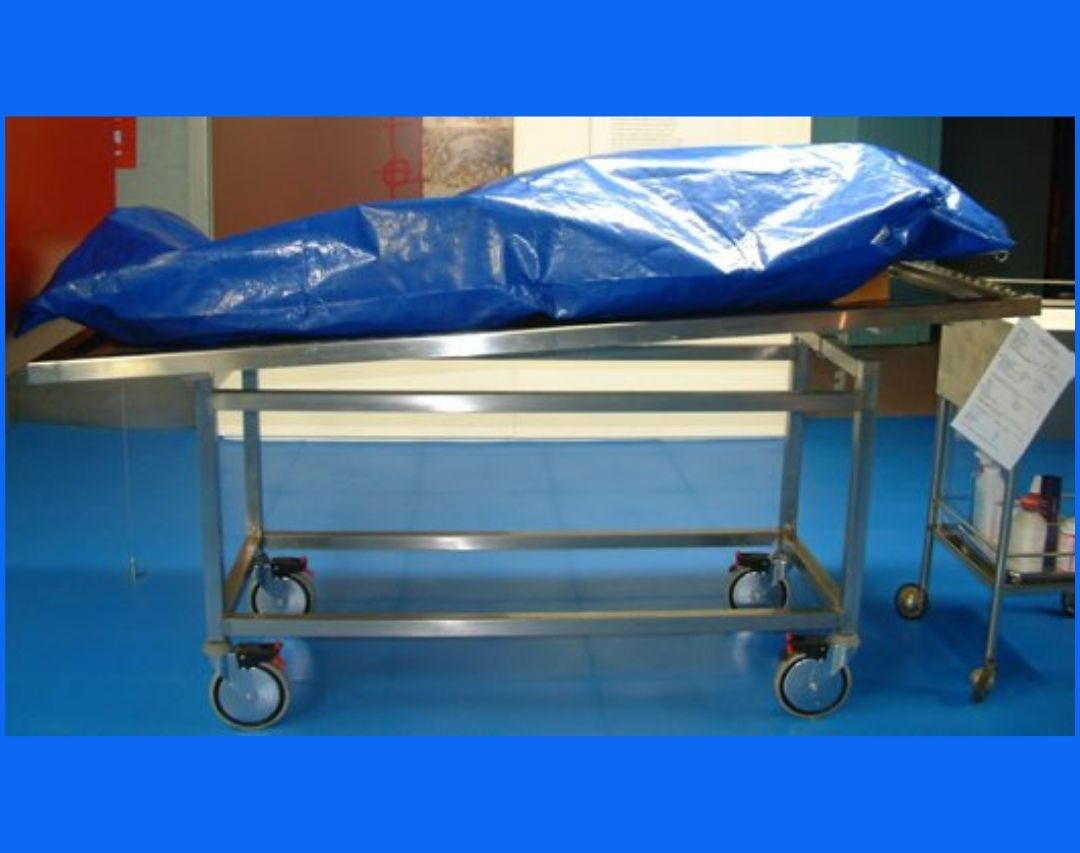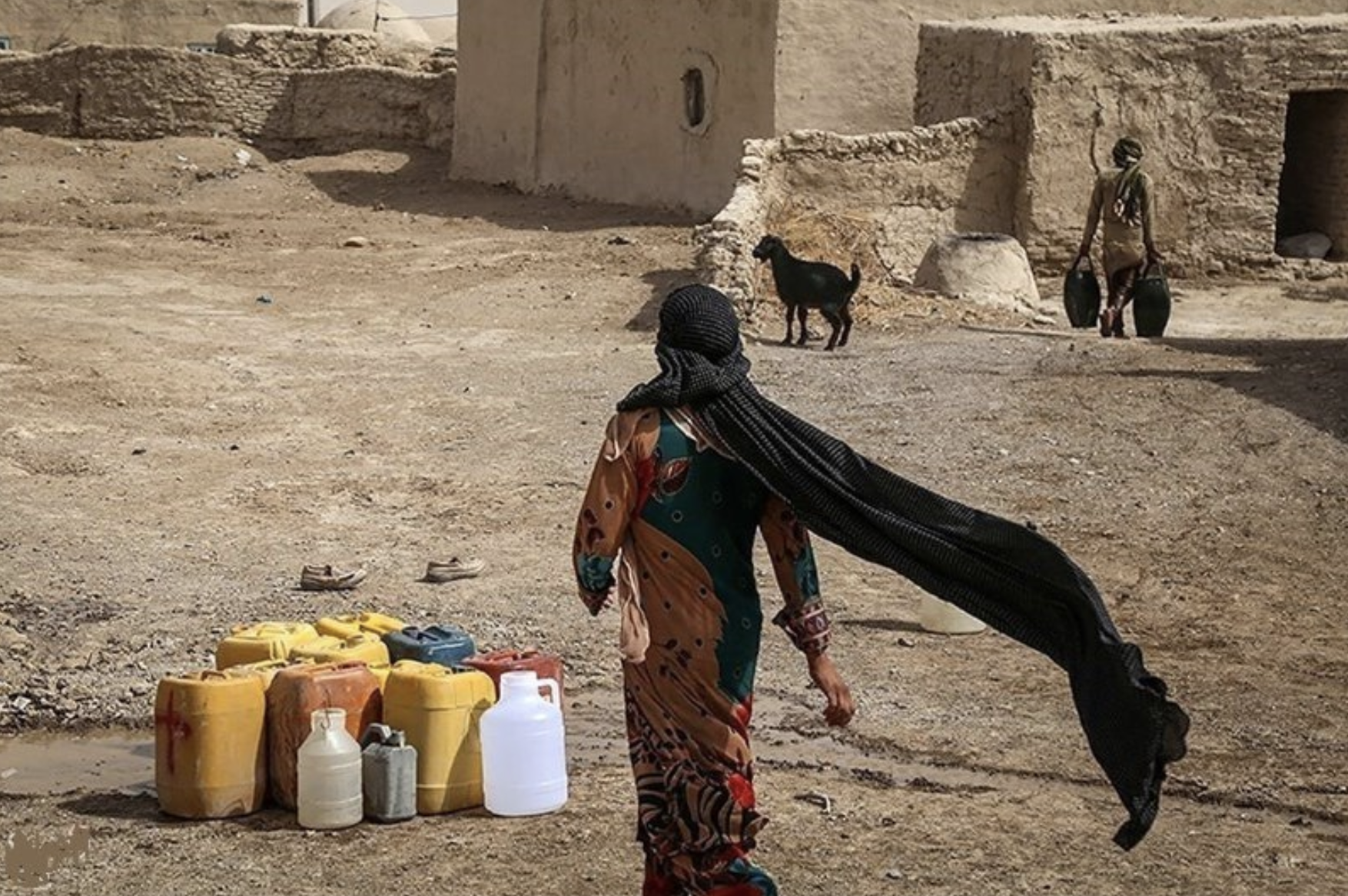Fars news agency reports that the Iranian Cyber Police in South Khorasan Province have identified 27 social media channels, leading to the arrest of 12 citizens for disseminating what authorities label as “misinformation and insulting content.” Additionally, a business unit has been closed in connection with these activities.
According to a police official, these 27 websites allegedly published “fake news and insulting content against the martyrs who lost their lives during the terrorist attack in Kerman.” The 12 individuals arrested in relation to this matter will face legal action. The identities of the detainees and the location of their detention remain undisclosed.
Following the tragic explosions in Kerman during the commemoration ceremony for Qasem Soleimani, which claimed numerous lives and caused injuries, security forces and affiliated individuals on social media have been actively pursuing those expressing opinions about the incident. Consequently, dozens of individuals have been summoned, arrested, and had their social media pages removed.









